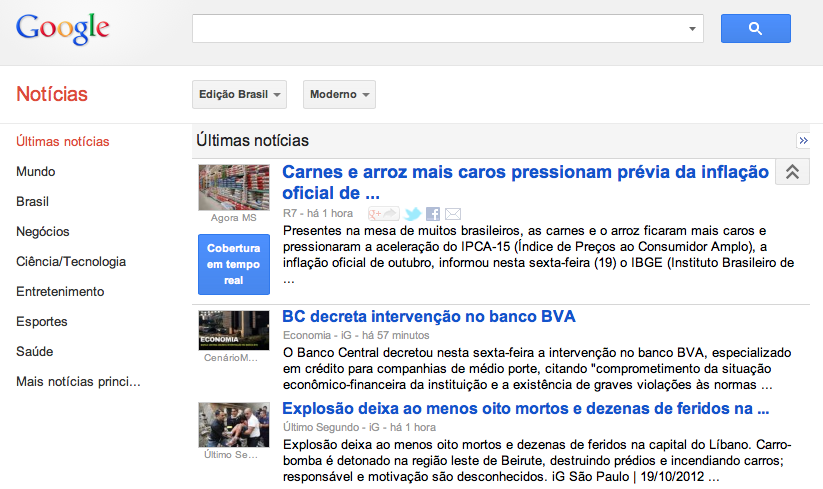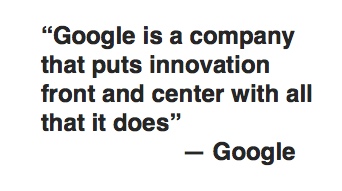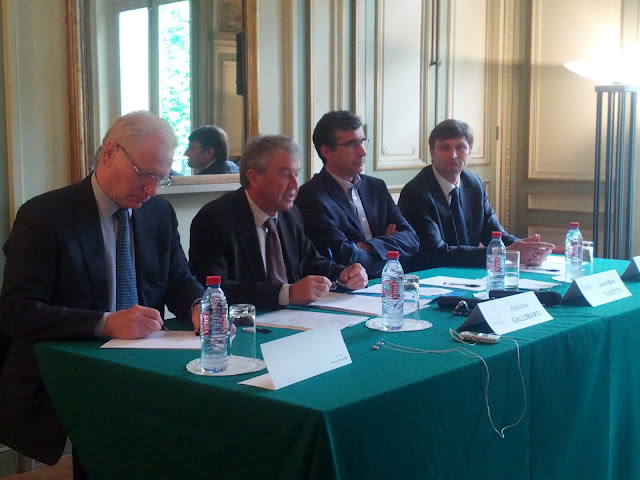Brazil’s ANJ boycotts Google News, wants compensation for headlines and lede paragraphs

The Association of Newspapers in Brazil is not happy with Google News, as it recently opted out of the free news aggregator, over complaints that Google crops news headlines and lede paragraphs for the decade-old service without permission nor monetary reimbursement.
The 154-member ANJ roughly equals 90 percent of Brazil’s newspaper circulation. The Knight Center for Journalism in the Americas reported on a dispute that occurred earlier this week between an ANJ member’s lawyer and a Google executive at the American Press Association General Assembly in Sao Paulo, Brazil. The contention apparently “fueled one of the most intense debates during the Inter American Press Association’s 68th General Assembly.”
According to the Knight Center:
On one side of the debate were defenders of news companies’ authoring rights like German attorney Felix Stang, who said, “platforms like Google’s compete directly with newspapers and magazines because they work like home pages and use content from them.”
On the other, Google representatives said their platform provides a way to make journalistic content available to more people. According to Marcel Leonardi, the company’s public policies director, Google News channels a billion clicks to news sites around the world.
ANJ president Carlos Fernando Lindenberg Neto specifically told the Knight Center that providing the “first few lines of our stories to internet users, (Google) reduces the chances that they will look at the entire story in our websites.”
Google Public Policy Director Marcel Leonardi refuted Neto’s comment during the IAPA debate, claiming if the reader is “satisfied with the small blurb (we offer), that means the story did not call his attention that much.”



